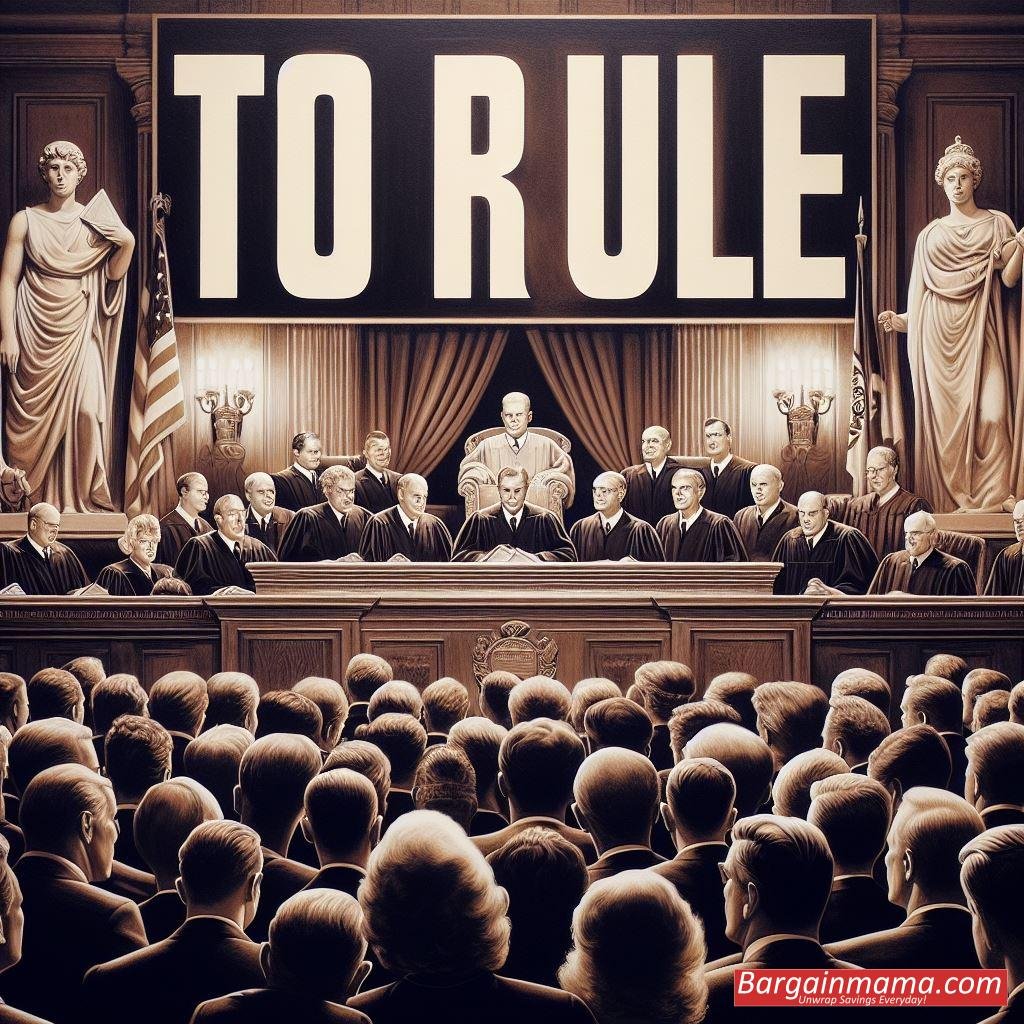Following Roe, the state of reproductive health has undergone substantial change thanks to a key verdict by Alabama’s Supreme Court. The court ruled 7-2 that frozen embryos created by in vitro fertilization (IVF) should be treated as children for the purposes of state law.

The ruling has significant ramifications for both the availability of assisted reproductive technology and the possible legal culpability of IVF centers, which may potentially be held accountable for the destruction of extra embryos.
The decision is based on two wrongful death lawsuits that were brought in 2021 against a reproductive clinic in Mobile, Alabama, in response to a patient-allegedly-removed frozen human embryos from a freezer. The clinic argued—a position that was first upheld by a circuit court—that the plaintiffs lacked standing as parents since the embryos had not been transferred to a uterus.
The state’s top court, however, reversed this ruling, citing a wrongful death statute from 1872 and a state constitutional amendment that did not distinguish between embryos kept in a freezer and those implanted to a uterus.

Writing for the majority, Justice Jay Mitchell stressed that the court should interpret the laws that already exist rather than enacting new restrictions based on individual beliefs. Justice Greg Cook, who dissented from the decision, voiced worries that it might put an end to IVF procedures in Alabama.
Resolve: The National Infertility Association’s president and CEO, Barb Collura, issued a dire warning to the 1 in 6 infertile people who rely on IVF. The destiny of families whose embryos were kept in Alabama’s fertility facilities is still up for question.
The verdict, according to the Medical Association of the State of Alabama, may result in an increase in wrongful death cases and even the shutdown of fertility clinics in the state.
This ruling emphasizes how the overturning of Roe v. Wade has wider implications since it gives states more control over defining personhood and regulating reproductive health. Legislators may amend policies to address concerns, but courts have the responsibility of interpreting current laws in accordance with the constitution.




